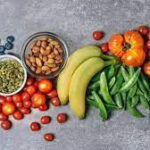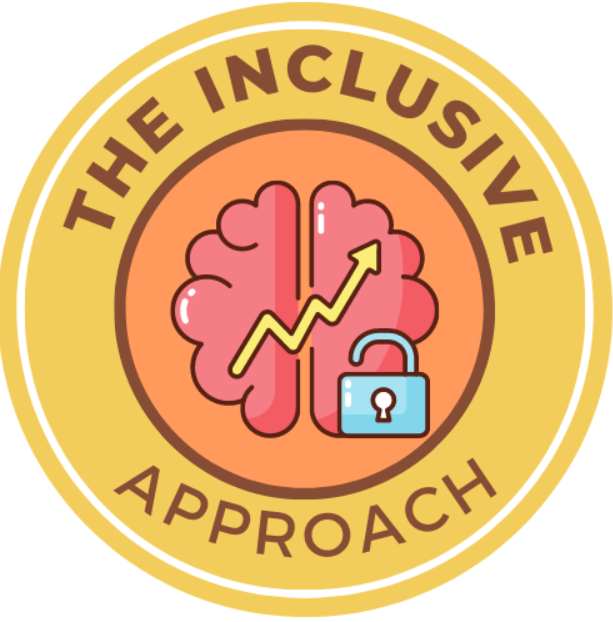When considering nutrition tips for the elderly, remember natural foods are best. Variety is important for the elderly and their bodies. Fresh vegetables and fruits contain more nutrients than processed foods, so make sure they are available at every meal. Whenever possible, serve them with softer foods, such as pasta and mashed potatoes. These options also make eating more fun. As with any diet, everything in moderation is best. However, keep in mind that seniors may not feel very hungry, so smaller, lighter meals more often might be required.
Foods that are rich in vitamins, minerals, and fibre are vital for senior health. They maintain the strength of bones, muscles, and organs. Good diets also reduce the risk of diabetes, heart disease, and stroke. In addition to this, good diets may help prevent constipation, which affects 20 percent of the elderly. Eating foods rich in fibre can prevent constipation. Also, eating less processed food will keep the elderly feeling energetic. Energy levels also impact mobility. For advice on Walking Aids, visit Ability Superstore
Seniors may need to reduce their calories and increase their intake of high-fibre foods. High-fibre foods regulate digestion and promote a healthy weight and metabolism. Additionally, seniors must lose excess weight. Overweight is one of the leading causes of diabetes, high blood pressure, and heart disease. If you want your elderly loved one to have a healthier life, make sure you give them as many fruits and vegetables as possible. By following these tips, you can improve their health and make their lives easier.





